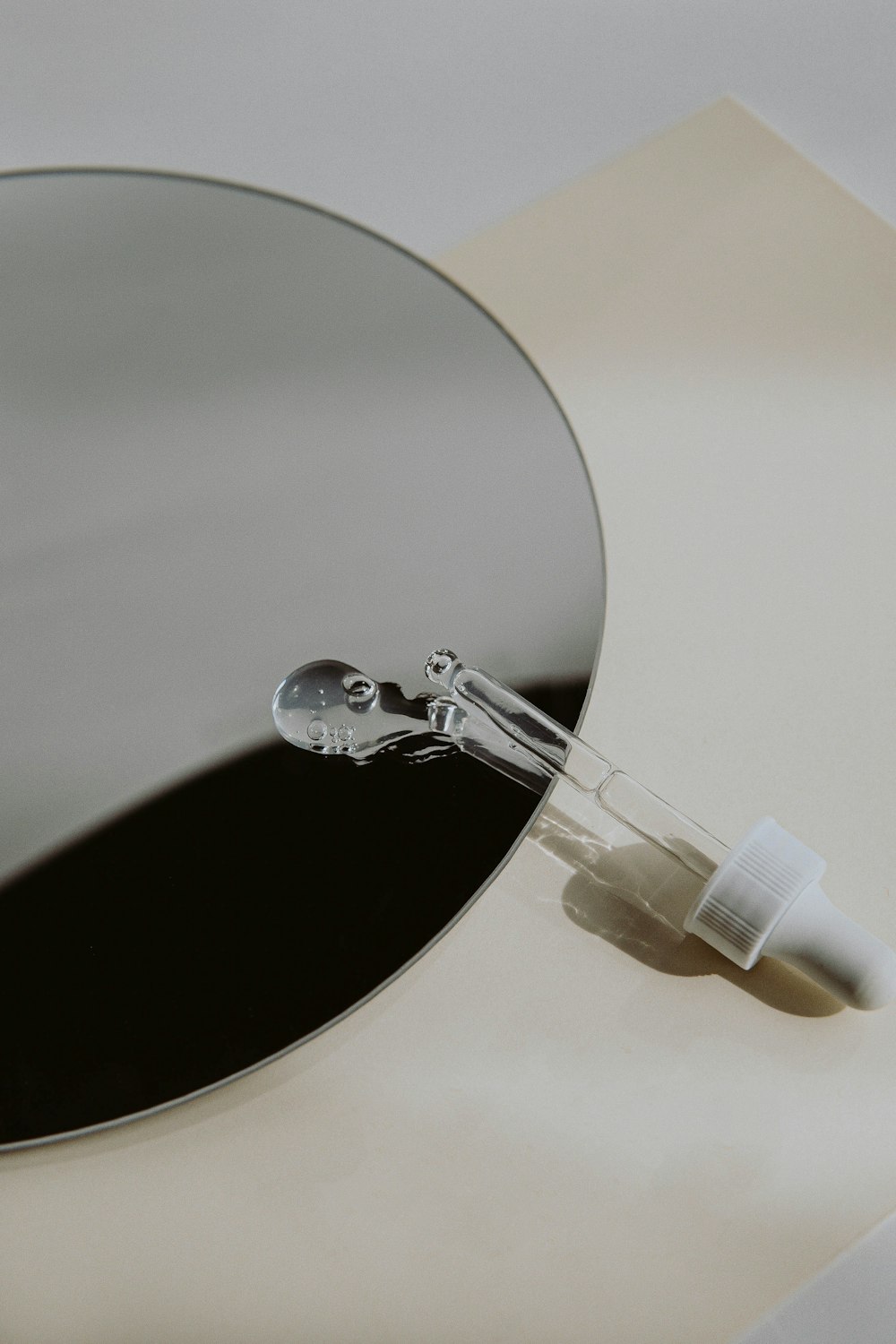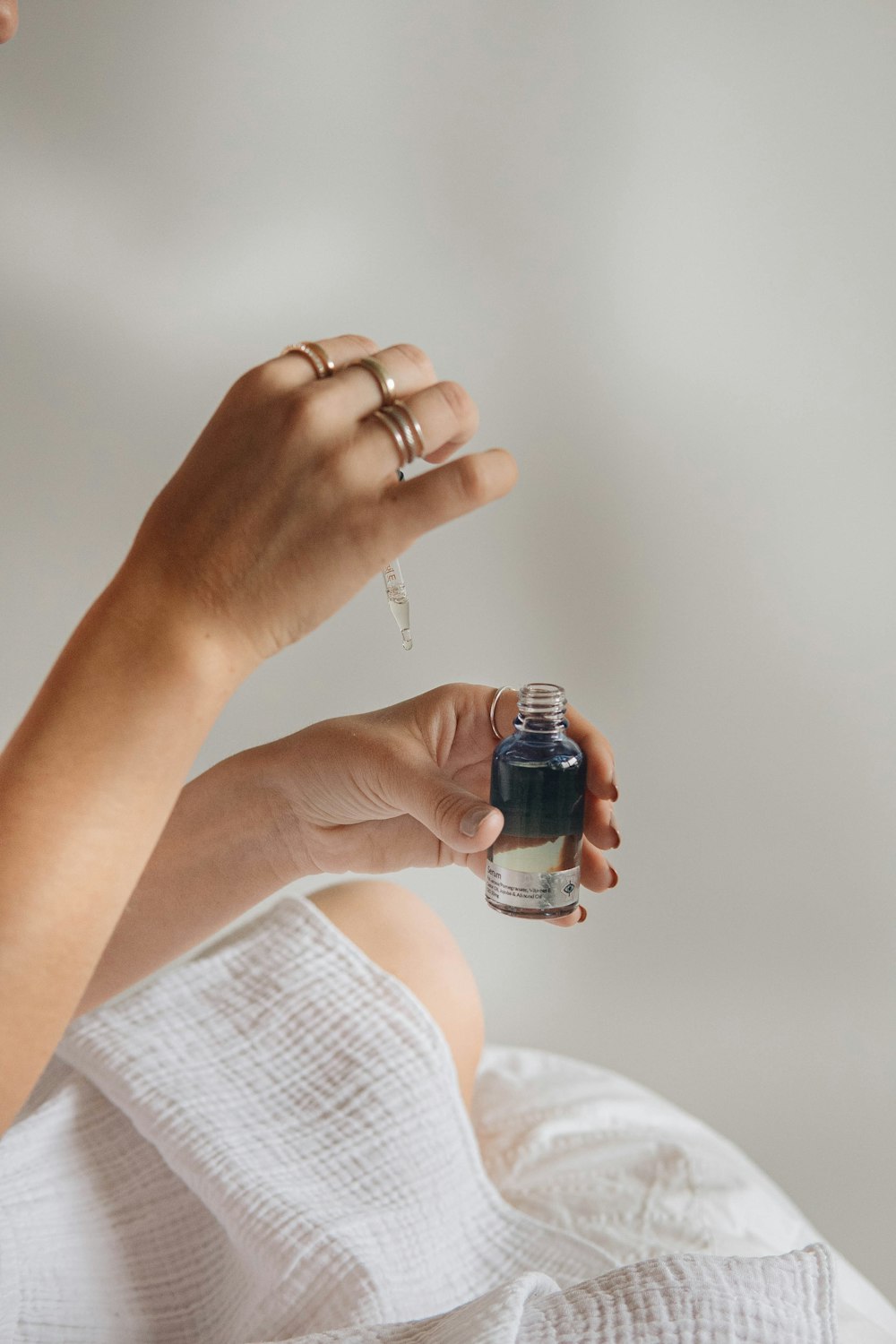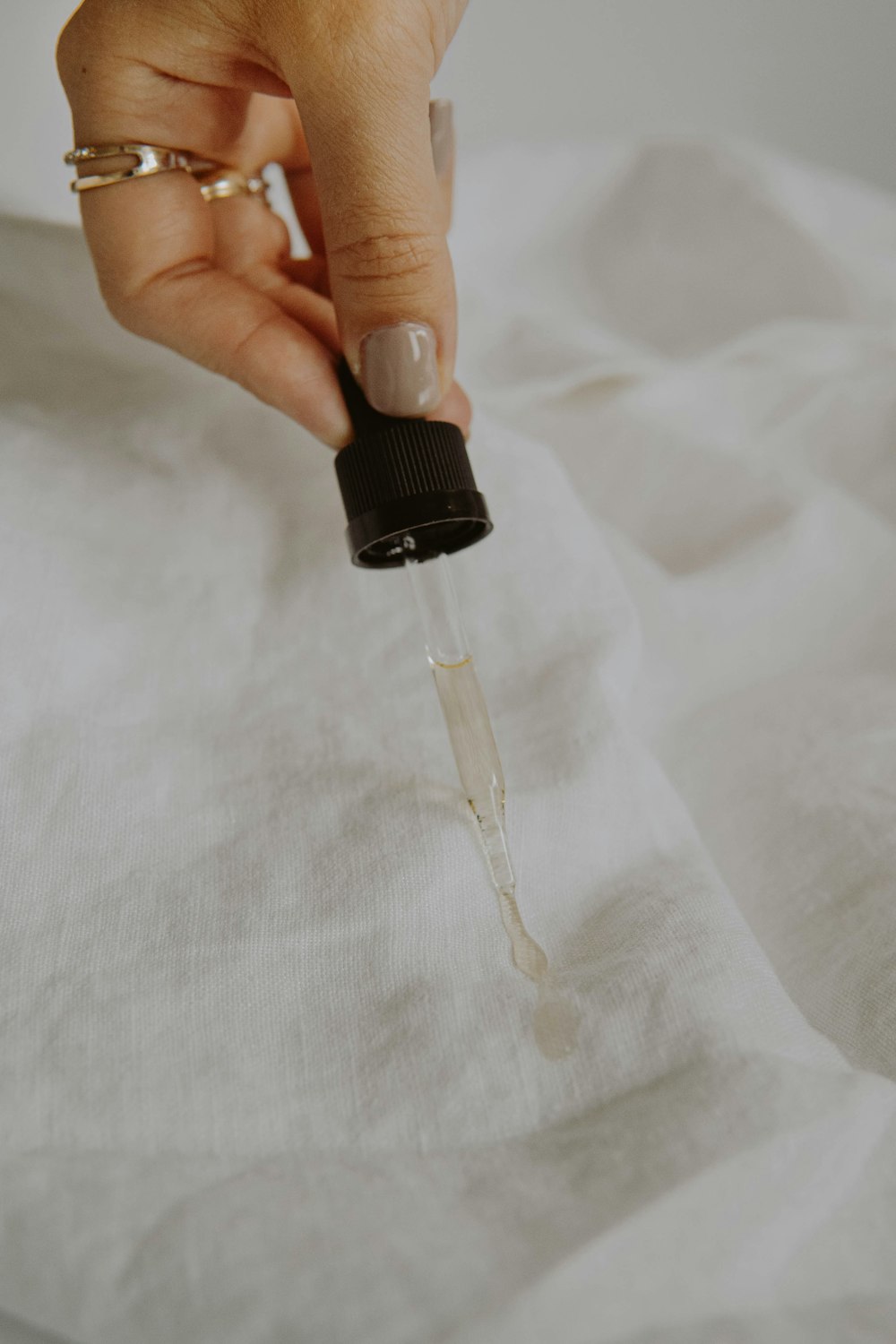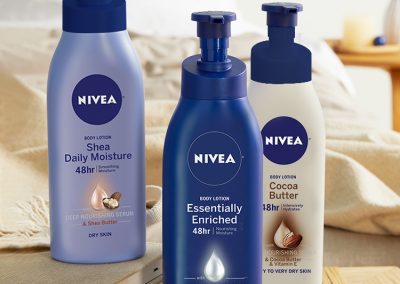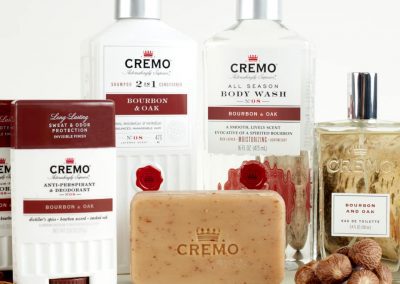What Does Hyaluronic Acid Do For Acne

written by nail expert Jess Rowley
Topics we've covered
Here’s why Hyaluronic Acid could help your acne
If you’ve ever dealt with acne before, you’ll know that it’s no fun, especially when skin care products that are supposed to help, are a hit and miss. You’ve probably heard of hyaluronic acid, with many people now invested, it’s proving to be more than just a trend. You’re going to want to know what is hyaluronic acid.
The benefits of hyaluronic acid are numerous, but what does it do for acne? From plumping the skin to speeding up skin wounds, there are so many reasons why HA should be in your skincare kit. HA is found in a range of products from serums to moisturizing creams that can bring you that glow you’re after.
Listen to this.
Dealing with acne is not easy, especially when there’s an abundance of products out there that end up drying your skin further and stripping it of moisture. HA can help control oil production, contribute to a healthy skin barrier and speed up the healing processHyaluronic acid, is one of those ingredients you don’t want to miss out on.
When to use hyaluronic acid? I’m going to take you through why you need to find the best hyaluronic acid serum if you’re struggling with acne, as well as how to go about getting the most from this wonder ingredient.
You’re going to want to scroll down for this!
What is hyaluronic acid
First of all, what is so special about HA?
Think of it as a big drink of water for your skin. It can retain over 1000x its molecular weight in moisture for your skin and stop it from evaporating. Yep, that means hyaluronic acid helps hydrate your skin and stay hydrated all day long. It’s a gamechanger for dry skin types.
If it’s naturally occurring in the body, you might be wondering why we need to take it. Just like collagen or elastin, as we get older the amount of hyaluronic acid decreases. Of course, eating a balanced diet of fruits and vegetables can help your body to regain some of those antioxidants that protect the skin and help you retain some of that hyaluronic acid.
You might be wondering, what can hyaluronic acid do for acne prone skin?
Why moisturizing is important for acne
Before I answer that question, let’s get one thing straight.
People who have acne prone skin need moisture! The idea that using moisturizers or humectants are bad if you have acne or oily skin is so far from the truth.
Avoiding using moisturizers can even cause you more skin problems since these are essential to moisturizing the skin.
If you are using acne medication to treat your acne, then it’s even more important to moisturize. Harsh acne treatments can really dry out the skin, and without moisturizing, you can even damage the healthy skin.
Acne treatments work by drying up the skin to get rid of extra sebum or oil, to prevent clogged pores and breakouts. Although they are effective, they also leave the skin very dry and dehydrated.
Aside from treating your acne, you also want to continue to nourish the skin and protect the skin’s barrier from getting damaged. After all, it’s the acne you want to target not your skin.
Choosing a good moisturizer that helps restore your skin’s hydration is essential to reducing breakouts and maintaining your skin’s health.
How Hyaluronic Acid can help acne
Where does Hyaluronic Acid come in?
Hyaluronic acid can help acne prone skin, but in an indirect way. It can help to reduce other factors that contribute to acne, and overall maintain your skin’s health.
HA is a gentle ingredient that can soothe and calm skin that is irritated with acne. Many skin issues are related to the skin’s hydration, so using a good HA serum can help to regulate and keep your skin hydrated to avoid further issues. No matter your skin type, it won’t clog pores and can help keep your skin happy.
Hyaluronic acid has a place in everyone’s skincare routine.
How to add hyaluronic acid in your skin routine
If you have acne, you’ll know how careful you need to be when introducing a new product in your skin care routine. You need a product that hydrates your skin, but without clogging your pores or making your skin irritated or sensitive. That’s where reading the labels is important.
Hyaluronic acid works best when applied topically, ideally either in a serum or moisturizer. Generally, HA is more potent in serums, but if you’re already using multiple treatments or serums finishing off with a HA moisturizer is just as good.
You’ll sometimes find HA is paired with vitamin B5 or other peptides and natural extracts, which help to provide lightweight hydration without making your skin greasy.
Having said that, not all hyaluronic acid serums are made equally well. If you struggle with acne avoid ingredients like lanolin or any silicone based ingredients. These can clog pores and trap bacteria and dirt, causing unwanted breakouts and suffocating the skin. I would also be careful around common irritating ingredients like fragrance.
Other comedogenic ingredients include oils such as shea butter, cocoa butter, linseed oil, coconut oil. Drying alcohols such as oleyl alcohol and isopropyl are also harmful, so scan the list of ingredients if you’re not sure.
Once you’ve found the perfect serum or moisturizer for you, using it in a routine for acne prone skin is the next step.
The best skin routine with HA for acne
Before you can apply your hyaluronic acid serum, you need to do your skin prep to get the most from your skincare ingredients.
First off, and arguably the most important step in skincare is cleansing. Especially when you have acne or oily skin, you need to find a cleanser to gently get rid of excess sebum and bacteria. I recommend getting a hydrating cleanser containing salicylic acid which is an active ingredient that actively fights acne.
In this first step you also want to remove your makeup and use a clean towel every time, to ensure you don’t transfer any bacteria to your face.
Once you’ve done that, you might want to use a toner, such as a glycolic acid toner to deep clean and treat your acne. This is optional but many people find it helps prep your skin better for serums.
For the next step you want to apply any spot treatments such as benzoyl peroxide cream or retinol, any treatments for your acne.
Finally, add your hyaluronic acid serum. By adding your spot treatment first, the skin will be able to absorb it better, and HA will help to lock in all the good stuff on your skin. Apply the HA serum, and then spritz your face with water. This will help hydrate the skin on a deeper level, and protect your skin from the outside world.
Finally, finish off with a moisturizer. This is super important, even for acne or oily types. It’s key to protecting the skin and keeping it moisturized. If this is your morning routine, don’t forget to top it off with an SPF to prevent acne scarring.
Can Hyaluronic Acid help acne scarring?
By now you’ve noticed that indirectly, HA is super useful in keeping acne at bay and helping your skin heal. But what about acne scarring?
Anyone that’s dealt with acne scarring knows it’s almost as bad as having acne itself. Characterized by red or brown marks, and uneven skin texture, it can get in the way of having clear, glowing skin even if there aren’t any active pimples.
Some clinical evaluation has shown that hyaluronic acid injections can reduce moderate to severe acne scarring and improve texture. These injections contain hyaluronic acid in a gel and are very safe to use with no side effects. As long as they are administered by a professional, it’s a good option for helping acne scarring. Some people get 2-3 injections spaced 4 weeks apart to help with uneven skin tone and even smile lines and wrinkles.
The topical hyaluronic acid found in serum can help too. When combined with CO2 laser resurfacing, the treatment is much more effective than the laser on its own. Hyaluronic acid serum contributed to improving scarring and also less recovery time and side effects.
Other benefits of hyaluronic acid for your skin
Hyaluronic is beneficial for all skin types, including oily skin or acne-prone skin type.
Anti-aging
Hyaluronic acid can help to reduce the appearance of fine lines and wrinkles, as well as improve skin elasticity. If you want stronger results, I’d recommend getting hyaluronic acid injections instead of just HA serums.
Help treat eczema
For very dry skin types, or those struggling with skin conditions such as eczema, and rosacea. HA is known for its hydrating properties and improving the skin barrier function so that your skin locks in moisture.
Final Thoughts
Hyaluronic acid is well worth the hype. You might not think a topical hyaluronic acid serum could do much for your skin, but anyone with fine lines to acne scar patients treated with HA can benefit.
Hyaluronic acid benefits are many, as it will draw moisture and treat fine lines and wrinkles renewing the skin and getting rid of dead skin cells and fine lines. Aside from acne itself, acne scars are a pain, but adding a hyaluronic acid skin care routine can be key. There are many hyaluronic acid products, you can get hyaluronic acid filler, hyaluronic acid-based foam, a topical nano hyaluronic acid, or even ceramide containing emulsion cream to give you hydrated skin and improve skin health.
Since hyaluronic acid is naturally produced in our own body, hyaluronic acid helps add natural hydration and is safe even for sensitive skin. Does hyaluronic acid work ? If you have drier skin and excess oil, then hyaluronic acid can help build a strong lipid barrier to combat dryness and is absolutely essential for a youthful appearance.
Topical application can help with comparable efficacy to beauty products or skincare products, even helping heal skin from sun exposure and UV rays and binds water.
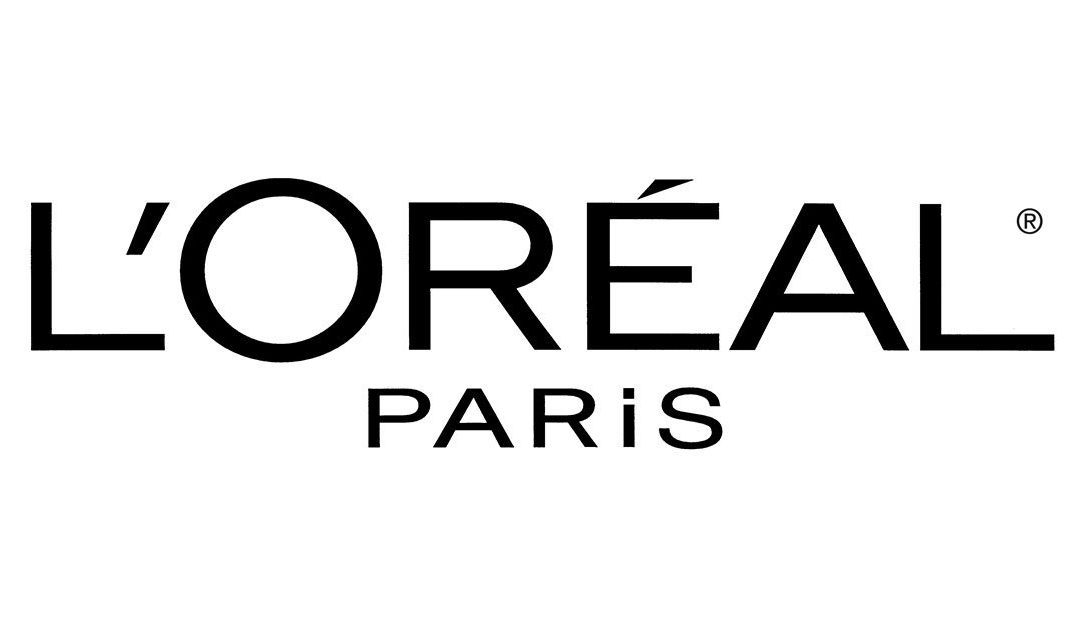
Best L’Oreal Products For Men
[Review] in 2022 written by nail expert Jess RowleyCheck out the results fast - here are our review winners[dica_divi_carousel item_width_tablet="400px" item_width_phone="345px"...
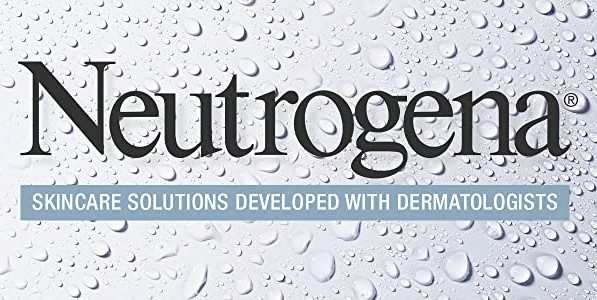
Best Neutrogena Skincare Products
[Review] in 2022 written by nail expert Jess RowleyCheck out the results fast - here are our review winners[dica_divi_carousel item_width_tablet="400px" item_width_phone="345px"...
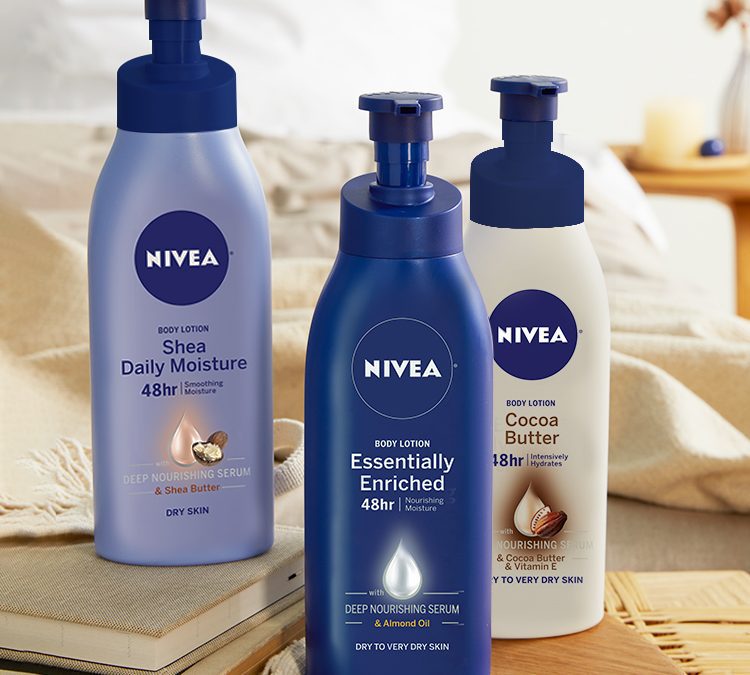
Best Nivea Products For Men
[Review] in 2022 written by nail expert Jess RowleyCheck out the results fast - here are our review winners[dica_divi_carousel item_width_tablet="400px" item_width_phone="345px"...
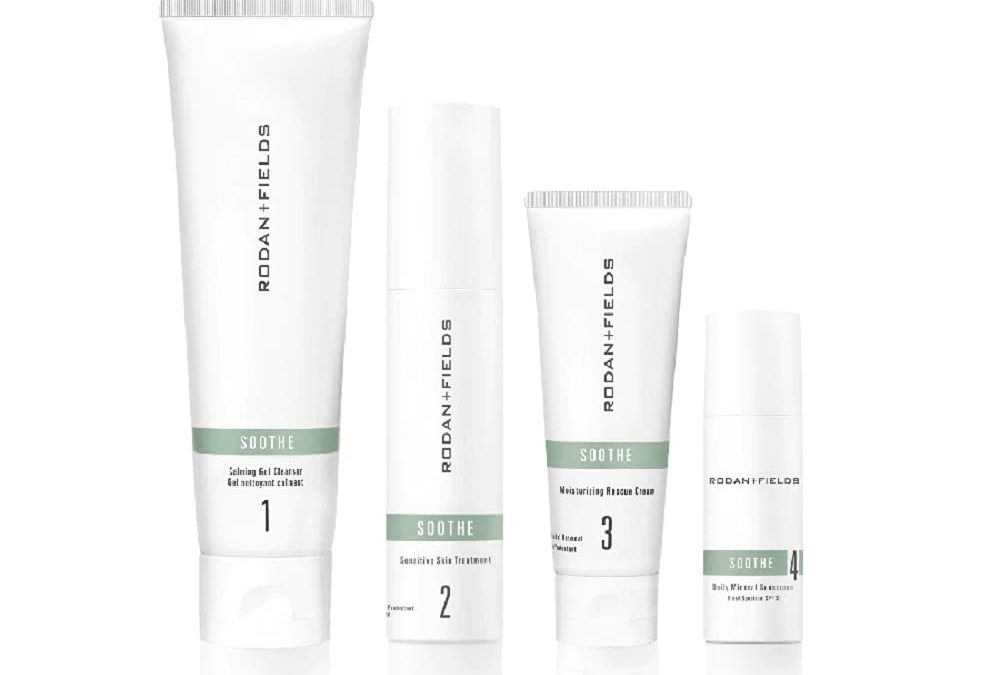
Best Rodan+ Fields Products
[Review] in 2022 written by nail expert Jess RowleyCheck out the results fast - here are our review winners[dica_divi_carousel item_width_tablet="400px" item_width_phone="345px"...

